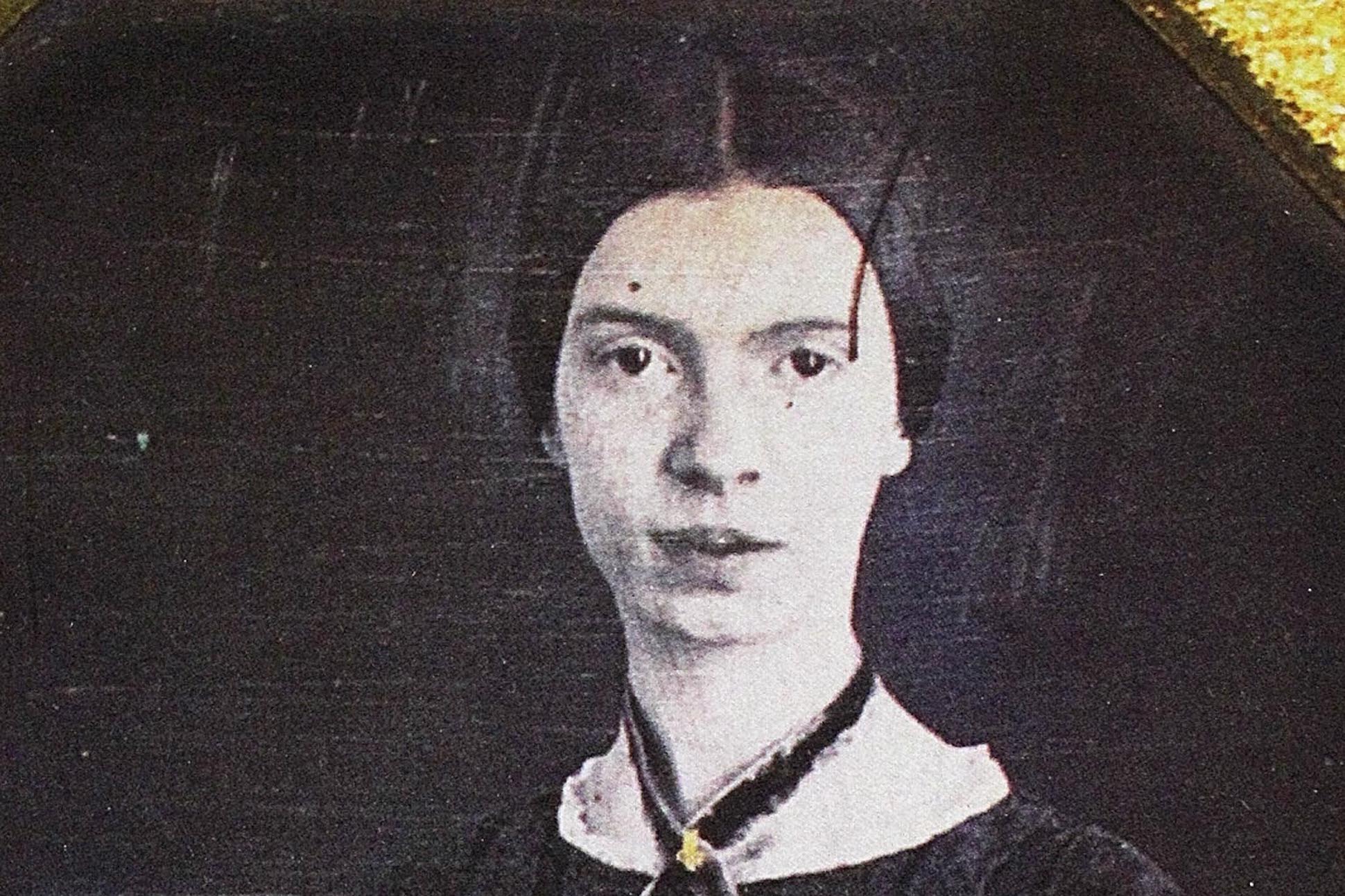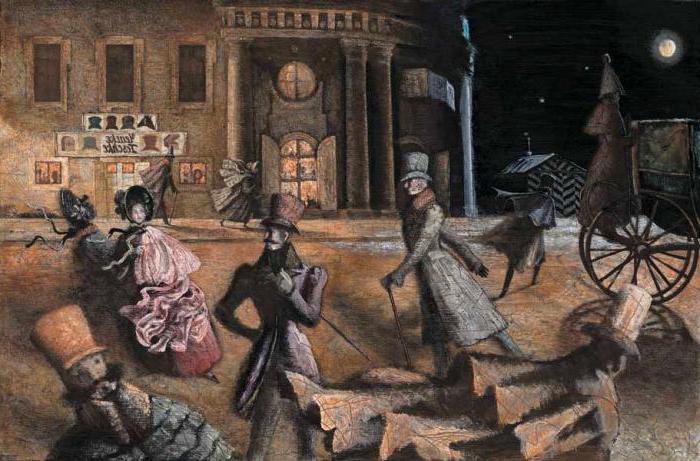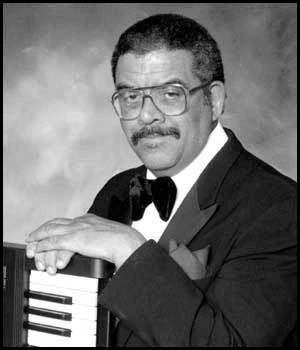A Certain Slant of SunlightTed Berrigan - 1934-1983
In Africa the wine is cheap, and it is
on St. Mark’s Place too, beneath a white moon.
I’ll go there tomorrow, dark bulk hooded
against what is hurled down at me in my no hat
which is weather: the tall pretty girl in the print dress
under the fur collar of her cloth coat will be standing
by the wire fence where the wild flowers grow not too tall
her eyes will be deep brown and her hair styled 1941 American
will be too; but
I’ll be shattered by then
But now I’m not and can also picture white clouds
impossibly high in blue sky over small boy heartbroken
to be dressed in black knickers, black coat, white shirt,
buster-brown collar, flowing black bow-tie
her hand lightly fallen on his shoulder, faded sunlight falling
across the picture, mother & son, 33 & 7, First Communion Day, 1941—
I’ll go out for a drink with one of my demons tonight
they are dry in Colorado 1980 spring snow. There's a certain Slant of light, (320)
There's a certain Slant of light,Winter Afternoons –That oppresses, like the HeftOf Cathedral Tunes –Heavenly Hurt, it gives us –We can find no scar,But internal difference –Where the Meanings, are –None may teach it – Any –'Tis the seal Despair –An imperial afflictionSent us of the Air –When it comes, the Landscape listens –Shadows – hold their breath –When it goes, 'tis like the DistanceOn the look of Death –













